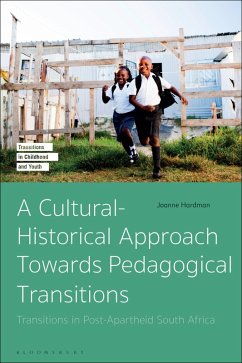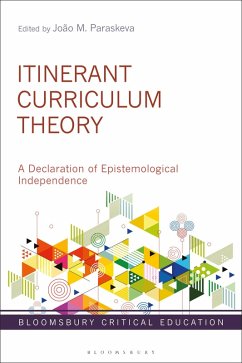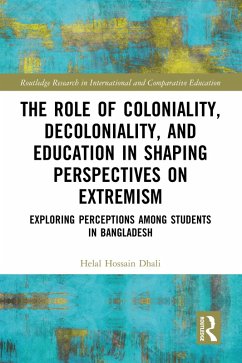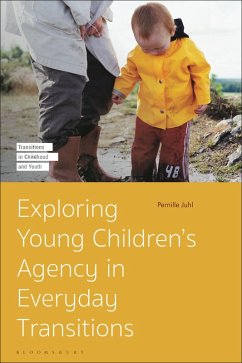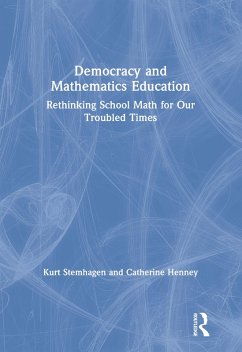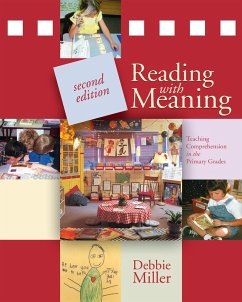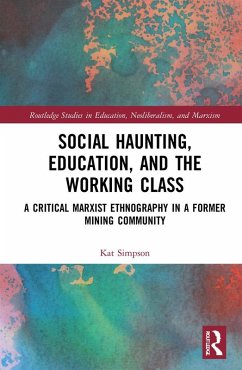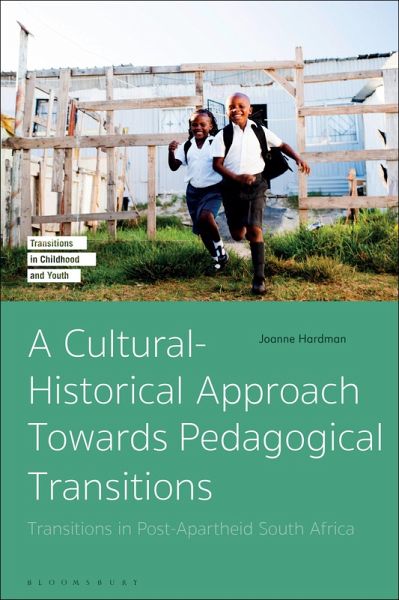
A Cultural-Historical Approach Towards Pedagogical Transitions (eBook, PDF)
Transitions in Post-Apartheid South Africa

PAYBACK Punkte
12 °P sammeln!
This book investigates pedagogical change across curricula and political transitions in the South African context, from 1994 to today. Tracing pedagogical transitions from post-apartheid to the demands of the 21st century, the book seeks to develop a novel approach to pedagogy that can meet the needs of students today. Adopting a cultural-historical lens, Hardman analyses the contradictions that arise due to transitions in the curriculum and describes the current state of teaching in primary schools in South Africa by focusing on how teachers teach scientific concepts. She goes on to examine t...
This book investigates pedagogical change across curricula and political transitions in the South African context, from 1994 to today. Tracing pedagogical transitions from post-apartheid to the demands of the 21st century, the book seeks to develop a novel approach to pedagogy that can meet the needs of students today. Adopting a cultural-historical lens, Hardman analyses the contradictions that arise due to transitions in the curriculum and describes the current state of teaching in primary schools in South Africa by focusing on how teachers teach scientific concepts. She goes on to examine the transitions from children's indigenous science/maths understanding to school science/maths understanding, developing a pedagogy that can transform the learning of mathematics and science in developing contexts. Building on theories from Vygotsky, Davydov, Feuerstein, Freire, Bruner and Hedegaard, Hardman develops a new and inclusive, decolonial pedagogical approach that can meet the needs of a multicultural and multilingual contexts around the world.




